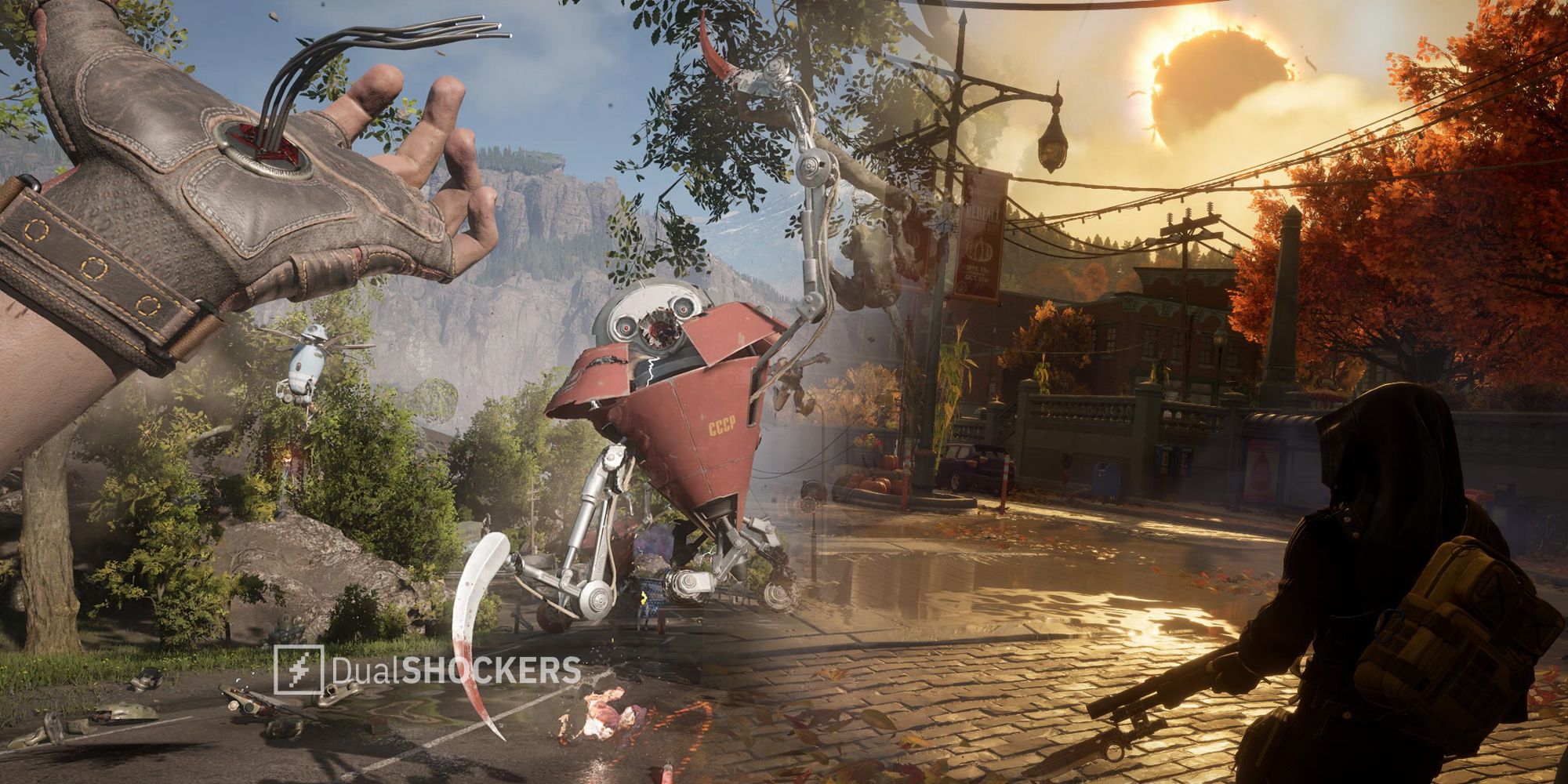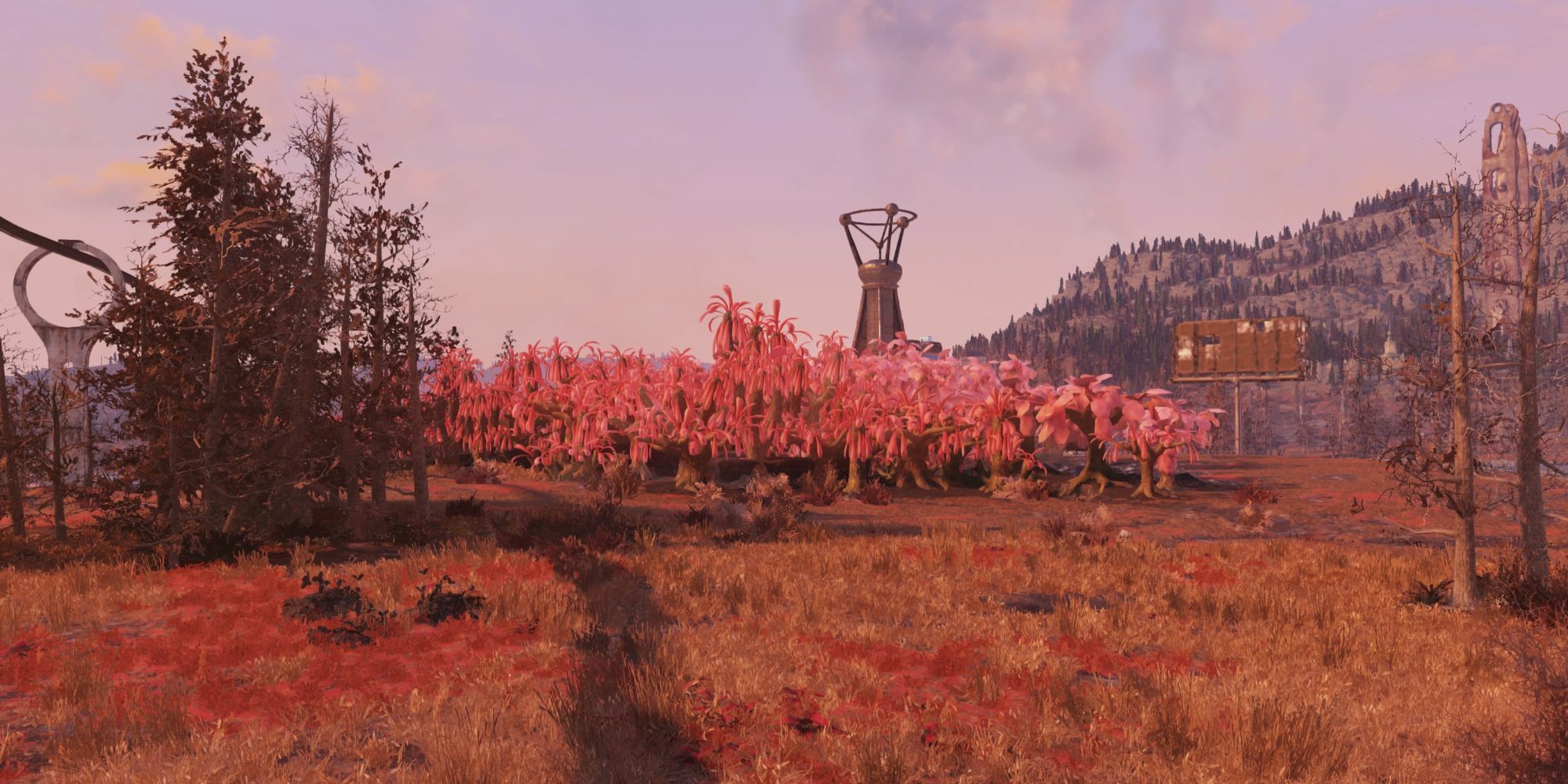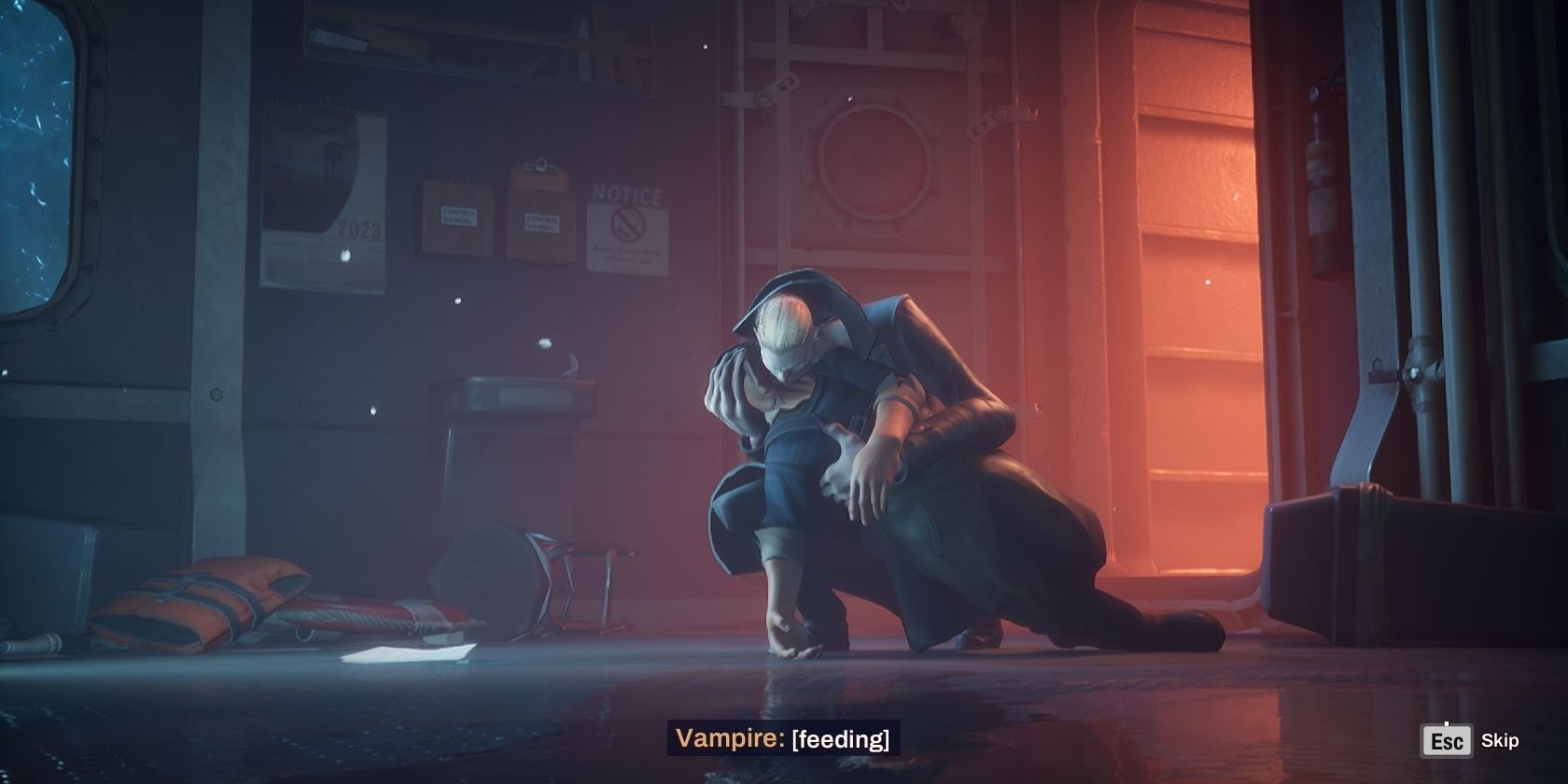Shakespeare once said that brevity is the soul of wit—meaning it's better to be short and sweet when you can. However, those words of wisdom seem to be lost on a lot of games these days. Not only are games getting bloated in terms of budgets and file sizes, but every other title (single-player or multiplayer) is adding miles upon miles of expanse, of empty terrain to trail across — an epidemic of open worlds that just aren't adding to their respective experiences.
The posterchild for this has become the recently released Redfall, touting possibly one of the least necessary open worlds to date. However, it's by no means alone; linearity has gotten the boot in general. From live services that expect you to make your own fun in empty lands sparse of content to singleplayer games that insist on players scrubbing every corner of the map for collectibles with a fine-tooth comb, it's starting to become clear that there is such a thing as too many open worlds.
Both multiplayer and single-player games have been suffering from open-world-itis, and in very similar ways too. Both are relying on open worlds for filler, heaping on buyswork by whacking a cross-country marathon between objectives does not worthwhile content make.
Near the end of the 2010s, service games were becoming the big thing, most notably Fallout 76. The wastelands of Fallout 76, at least at launch, sported a large, barren map where players were expected to make their own fun. With a good open-world game like Tears of the Kingdom, you see players talking about their 'first' 100 hours because the content there is built to be engaging — whereas games like Fallout 76 seem to have big, empty worlds for the sake of saying that the new map is 'x' times larger than that of the last game, that the new entry is 'bigger and better,' even if it's only really the former.
The reality of how much filler's being injected into games that don't need to be open-world really set in with Redfall. There's just nothing to do in the stretches between objectives besides the occasional side attraction or sprinkling of minor loot. This is compounded by the fact that most enemies can be knocked over by a light breeze, with the vampire population being the walking epitomes of 'if you had a brain, you'd be dangerous.'
Redfall's gameplay consists mostly of very slowly trekking to the other side of this unreasonably large coastal town, blasting the odd vampire goon that ineffectually beelines towards you until you get to where the gameplay lives. It's a pretty repetitive process that somewhat devalues the gameplay at the objective since you've already been doing the same core combat gameplay all the way.
Compare that to the sandboxy levels of Arkane's past games, like Dishonored and Deathloop, where the levels are still sizeable but dense with worldbuildiing and content, and you can see that something's been lost in Redfall's open-world format.
A badly designed open-world games is little more than a FOMO (Fear Of Missing Out) simulators, which our Rob Zak pointed out when he talked about kicking his obsession with collectables in games. Take Atomic Heart, for instance. Whilst not strictly an open world game, part-way through, the game opens up to the outside world—injecting a great deal of exploration into a game that only so far had a pinch of it. The thing is, there's really not that much to actually explore, and it ends up detracting from the experience as you keep fearing that you're missing out if you don't comb over every inch of terrain for collectibles (which, in this case, you're really not).
Open-worlds are being shoved into places where they're not needed, dragging down what would otherwise be perfectly acceptable linear experiences. We'd be better off if studios focused on developing content rather than size, refining what they have rather than adding on an excess of busy-work.



